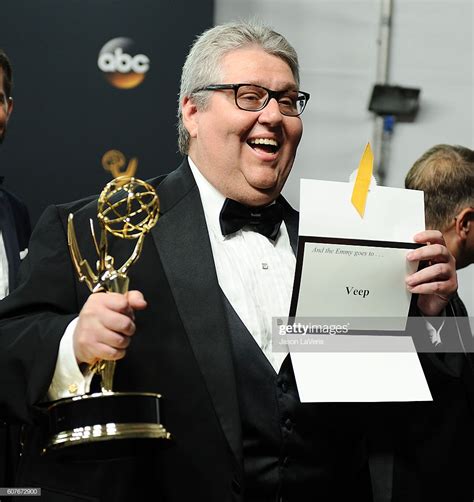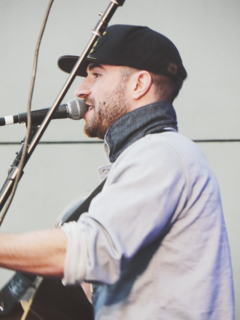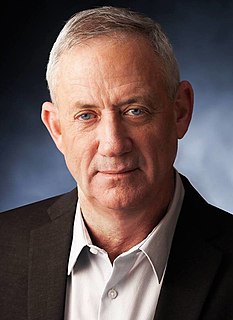A Quote by Madeleine Albright
And so I have studied, I have to tell you, revolutions and uprisings for a long time. They are all slightly different, but what they all look for is some kind of a mechanism to go from an authoritarian system to an open, democratic system.
Related Quotes
We have power... Our power isn’t in a political system, or a religious system, or in an economic system, or in a military system; these are authoritarian systems... they have power... but it’s not reality. The power of our intelligence, individually or collectively IS the power; this is the power that any industrial ruling class truly fears: clear coherent human beings.
On July 20th, 1969, Buzz Aldrin and Neil Armstrong took the most expensive selfie in history. As the apex of an 8-year, $130 billion effort, they posed in front of a camera and took a shot designed to do one thing - to show our free enterprise democratic system was better than the rigid, authoritarian system that wanted to destroy us.
If you have reservations about the system and want to change it, the democratic argument goes, do so within the system: put yourself forward as a candidate for political office, subject yourself to the scrutiny and the vote of fellow citizens. Democracy does not allow for politics outside the democratic system. In this sense, democracy is totalitarian.
Yet if you go to the supermarket and look at food that's produced through industrial agriculture, look at what's happened to the prices. Have they been going down? They've been going up and they will continue to go up. So the choice is either, do we hitch onto a system of agriculture that's doomed and will doom the planet with it, and go along the route of industrial agriculture, or do we want to shift to a kind of system that we know is going to be, in the long run, cheaper, because we'll have a planet left at the end of it? We need to factor that cost in.
The techno-industrial system is exceptionally tough due to its so-called "democratic" structure and its resulting flexibility. Because dictatorial systems tend to be rigid, social tensions and resistance can be built up in them to the point where they damage and weaken the system and may lead to revolution. But in a "democratic" system, when social tension and resistance build up dangerously the system backs off enough, it compromises enough, to bring the tensions down to a safe level.
I think it's a fun thing, and perhaps maybe very so slightly as an American, it's a slightly different thing that they didn't do as much of when the show was 100 percent written by Brits just because I'm not sure they were quite as familiar with some of these little moments in our government system.
When I was a kid, I was obsessed with different planets in the solar system, and I used to create, for every single planet, a different alien race with a certain kind of pet, a certain kind of house, a certain kind of water system, and everything. I would draw these pictures. I had hundreds of these pictures in a box.
When artists connect to a system because they want to make a living, it's their own choice. In fashion, designers don't have that choice. I know everybody mentions Azzedine Alaïa, but he's been going for a long time in the system - showing to people, selling to clients - and I think it's admirable how he's transformed it into his own system in a way, but it's still a system.
There are certain concepts, which exist in English, and are unthinkable, untranslatable into Hebrew and vice versa. Hebrew has a system of tenses, which is, in a big way, different from the English system of tenses, probably different than any European system of tenses, which means a different sense of reality, which means a different concept of time. So, things can be translated, but they become different.
Under theocracies and other authoritarian regimes, the rulers are the moral authorities. Under genuine democracy some basic values are entrenched in the legal system, which is expected to be under democratic vigilance, and others are left to the person or the group, which ideally debate moral problems in a rational, free and cooperative manner.










































